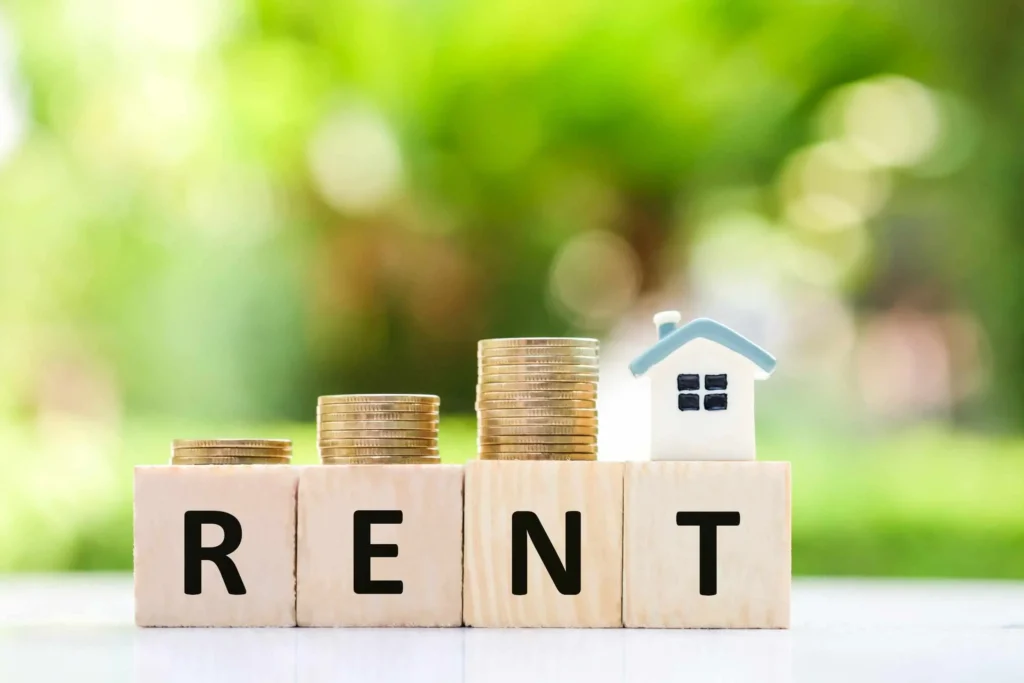Among all the responsibilities involved in managing rental properties, making sure rent is paid on time is by far the most important. Payments must be more in line with the cash flow of the property owner, make financial planning more complex, and add needless stress to the management of a rental business. For landlords, developing a systematic and structured approach to rent collection is not just a task; it is essential to sustaining company performance. By implementing practical measures and maintaining open lines of communication with tenants, landlords may drastically reduce payment delays and provide a more efficient rental experience.
The foundation of any rental property business is timely rent payments, which guarantee that landlords can fulfill their responsibilities—including mortgage payments, maintenance expenses, insurance premiums, and property taxes—without undue hardship. A professional landlord-tenant relationship starts with the establishment of explicit rules about payment schedules and procedures. In addition to taking care of the technicalities of collecting rent, having the lines of communication open ensures that tenants feel appreciated and respected, which encourages them to put their financial obligations first.
Ultimately, the goal is to create a system that is efficient and equitable for both parties. Landlords who invest time in refining their rent collection processes often enjoy not only improved cash flow but also stronger relationships with tenants, contributing to long-term stability and success in their rental ventures.
The Importance of Timely Rent Collection
Maintaining the financial stability of any rental business depends on timely rent payments. Rent is the principal source of revenue for landlords, who use it to pay for things like insurance, taxes, property maintenance, and mortgages. The property owner’s capacity to properly manage and invest in the property, as well as their financial situation, may be negatively impacted by late payments.
For landlords, establishing a regular payment schedule contributes to financial security. Additionally, it creates a professional tone for the landlord-tenant relationship and emphasizes how crucial it is to carry out your end of the bargain. Rent is more likely to be prioritized by tenants who recognize the importance of on-time payments, which lowers the likelihood of missed deadlines.

Crafting a Clear and Comprehensive Lease Agreement
Having clear expectations early on is one of the best ways to ensure on-time rent collection. A clear and professional connection between landlords and tenants is built on a well-written lease agreement. All payment-related information, such as the due date, acceptable payment options, late penalties, and the consequences of nonpayment, should be included on this page.
Transparency decreases when the lease agreement has precise wording concerning rent collection. Clarity is achieved, for example, by emphasizing the exact due date, whether it is the first of the month or another specified day. Tenants are also encouraged to make on-time payments when late fees are made clear, such as a fixed fee or a percentage of the late amount.
Offering Flexible and Modern Payment Options
Because of the ease of Internet transactions, traditional methods like checks and cash are becoming less popular. Both sides can benefit from a more straightforward process when landlords use digital payment services.
Bank transfers, credit card payments, and specialized rent collection apps are all common ways to pay. Tenants can more easily fulfill their responsibilities thanks to these services’ automatic reminders, rapid payment confirmation, and safe transactions. Landlords can ease tension and promote timeliness by giving tenants what they want.
In addition, offering lots of payment options can accommodate a broader range of tenant requirements. Even though most tenants find digital payments easy, some could still favor traditional approaches. Offering substitutes promotes diversity and improves the rental experience.
Establishing Automated Systems and Reminders
One effective strategy for guaranteeing steady rent collection is automation. Landlords may set up automated reminders on a number of property management platforms to make sure renters are informed in a timely manner about impending payments. To lessen the chance of forgetting, these reminders can be sent by text, email, or app notifications.
Automated systems also help landlords keep track of payment histories, produce reports, and identify past-due accounts. This degree of structure makes keeping records easier and enables landlords to resolve problems quickly. Landlords can minimize human labor while maintaining a professional approach to rent collection by implementing automation.
Building Strong Landlord-Tenant Relationships
In order to ensure prompt rent payments, the quality of the landlord-tenant relationship is crucial. Respected and loved tenants are more inclined to prioritize their responsibilities and be candid about any difficulties they may have. Two essential components of this dynamic are developing open communication and trust.
Maintaining open lines of communication, reacting quickly to maintenance requests, and respecting renters’ privacy are all ways that landlords can build a good connection. Regular surveys and check-ins offer chances to get input and resolve issues, showing a dedication to tenant happiness. Tenants who call each other well are more likely to respect their financial responsibilities, and disagreements are less likely to occur.
Enforcing Late Payment Policies Fairly
Despite best efforts, there may be instances where tenants need to pay rent on time. A clear and enforceable late payment policy is crucial in such circumstances. The lease agreement should outline this policy, which should cover things like grace periods, penalties, and what the landlord will do if the rent is not paid.
Consistency is essential when establishing late payment processes. Fairness is ensured, and impressions of bias are avoided by applying the rules consistently. Landlords should, however, handle the matter with compassion, especially when the tenant is actually having financial problems. Mutually acceptable solutions, such as payment plans or modifications that are temporary, frequently come from honest discussion.
Mitigating Risks Through Tenant Screening
Selecting reliable tenants is a proactive way to minimize issues with rent collection. Landlords can find tenants with a track record of on-time payments and financial responsibility by using thorough tenant screening procedures. Credit scores, income verification, rental history, and recommendations from prior landlords are important considerations during the screening process.
Landlords can lower the risk of late payments and guarantee a steady rental agreement by carefully screening applicants. Although no screening procedure is infallible, it dramatically raises the likelihood of identifying renters who will regularly fulfill their financial commitments.

Preparing for Unforeseen Challenges
Unexpected occurrences may happen and affect rent collection even with strong processes in place. Personal situations, job losses, or economic downturns may impact tenants’ ability to pay. Landlords ought to be ready to handle these circumstances with tact and empathy.
In times of lower income, setting up an emergency fund might act as a financial buffer. Furthermore, keeping lines of communication open with tenants can aid in the early detection of possible difficulties, allowing landlords to look into solutions before situations worsen. For instance, in situations of actual difficulty, short-term rent discounts or payment plans could be suitable.
Staying Informed About Legal Requirements
Landlords must also stay informed about local laws and regulations governing rent collection and tenant rights. These regulations, which differ depending on the area, may limit permissible payment methods, eviction procedures, and late fees. Maintaining a professional operation and avoiding disagreements need respect for legal regulations.
For helpful guidance on controlling these rules, speak with a lawyer or a property management specialist. Being knowledgeable ensures that landlords collect rent in a morally and legally responsible manner.
Continuously Improving Rent Collection Processes
Because the rental market is ever-evolving, landlords should constantly assess and improve their methods for collecting rent in order to keep up with shifting trends and tenant preferences. Landlords can maximize their strategy by getting tenant input, investigating new payment solutions, and keeping abreast of industry best practices.
Landlords show dedication to professionalism and efficiency by constantly looking for ways to improve. Long-term success is facilitated by this proactive approach, which further enhances the renter experience and helps their business.
Conclusion
Collecting rent on time requires a combination of clear communication, effective systems, and strong relationships. Landlords may establish an effective structure for rent collection by using contemporary methods, providing flexible payment options, and setting clear expectations. A seamless and successful rental business also depends on building trust, applying rules consistently, and keeping up with regulatory requirements.
Tenant happiness, total business growth, and financial stability are the ultimate benefits of enhancing rent payment processes. Landlords are able to manage the challenges of rent gathering with professionalism and certainty if they have the right strategies in place.










